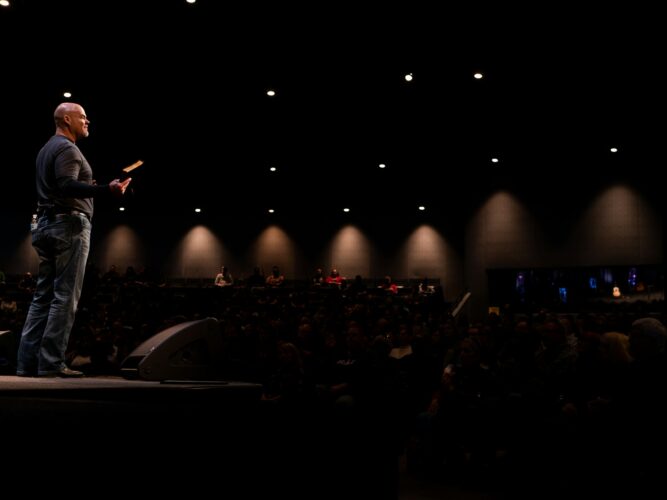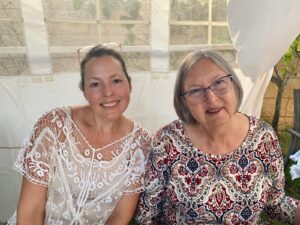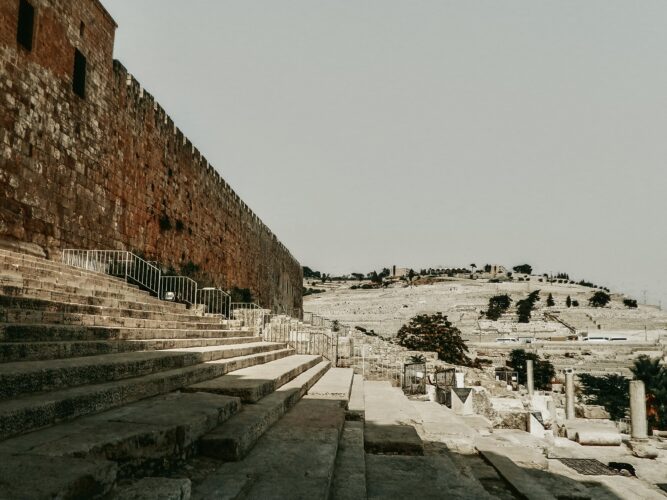We recently were notified of a scandal in a prominent ministry. Most of you can probably figure this out. We still do not know for sure what has happened, the extent of guilt, the guilt of others involved and so much more.
However, why does this keep happening both with charismatics and non-charismatic Evangelicals? I can give examples of both. There are many reasons, but I want to write about one. It is the rejection of the wisdom of the historic Protestant denominations. These denominations had clear standards for vetting ministry leaders and maintained strong accountability structures. In addition, some of the major Pentecostal denominations also have embraced these standards.
However, after mainline denominations did not fully embrace the charismatic renewal of the ’60s to the ’80s, there was an arrogant “Plague on your house” response to these denominations. New independent congregations and streams were founded. Some of the new streams that connected congregations in networks were solid in their vetting and accountability structures (I can name some) and some were not and embraced a royal pastor model or a royal apostle model for the network. Some did so in actual government documents and some though with better government acquiesced to a totally controlling but gifted leader. Some prophecies were given that grieved me that the day of the denominations was over. I on the other hand believe that they all can be renewed if they have maintained a classic Evangelical confession. So much of the projection of the “new churches” and ministries shows this root of arrogance. I am part of one major ministry that teaches that when the Church taught it had replaced Israel, that replacement theology came into the DNA of the Church and now each new movement claims to replace the last movement from which it came. (Toward Jerusalem Council II). Of course, such attitudes and teaching can not lead to the John 17:21 unity for which Yeshua prayed.
The historic Protestant churches and the Pentecostals and Charismatic streams that have learned from history have established the following standards.
- That churches are to be related and mutually accountable through joining in mutual accountability associations with their leadership coming together in mutual accountability.
- That the “royal leader” idea is to be rejected and the leader of a congregation or association leads in mutual accountability with other leaders.
- That there is a real eldership over every congregation and every sodality (specialized missional community).
- That there is a higher level of appeal from local eldership to an eldership that is called upon to handle accusations against the senior leader or a group of leaders that is too much for local elders to handle. This is an appeal court of the Church.
- That there is transparency in finances. All is disclosed.
- That leaders are seriously vetted for moral integrity, marriage and family quality, and basic knowledge of the Word of God.
Some years ago, the famous Derek Prince said to me. “Good leaders can sometimes do well despite a bad government structure. Bad leaders can sometimes get around a good government structure. But these are not reasons to not have the best government structures that we can.” For Derek Prince, good government and accountability greatly mitigates against leadership abuse and gross sin in the leadership.










